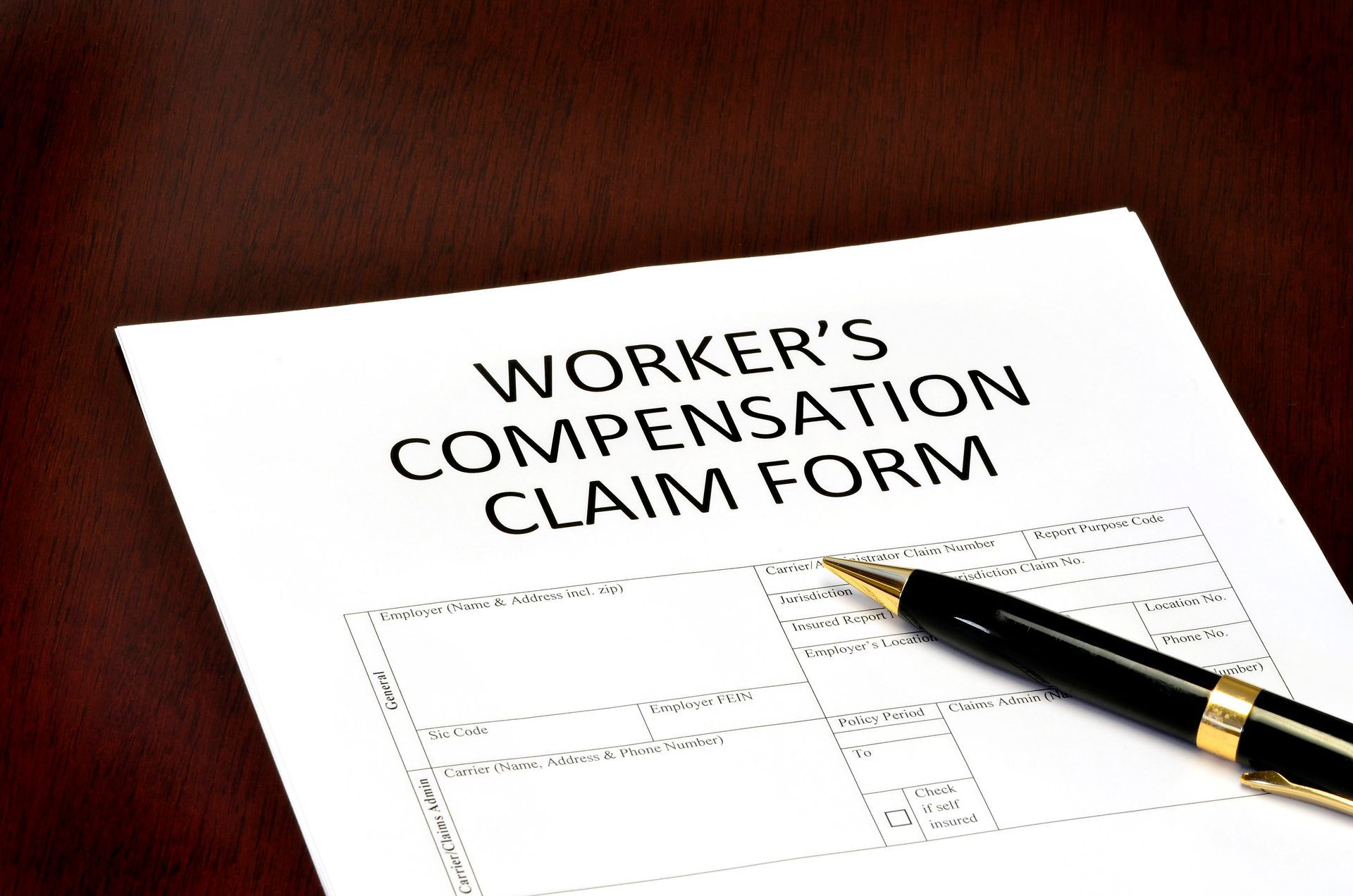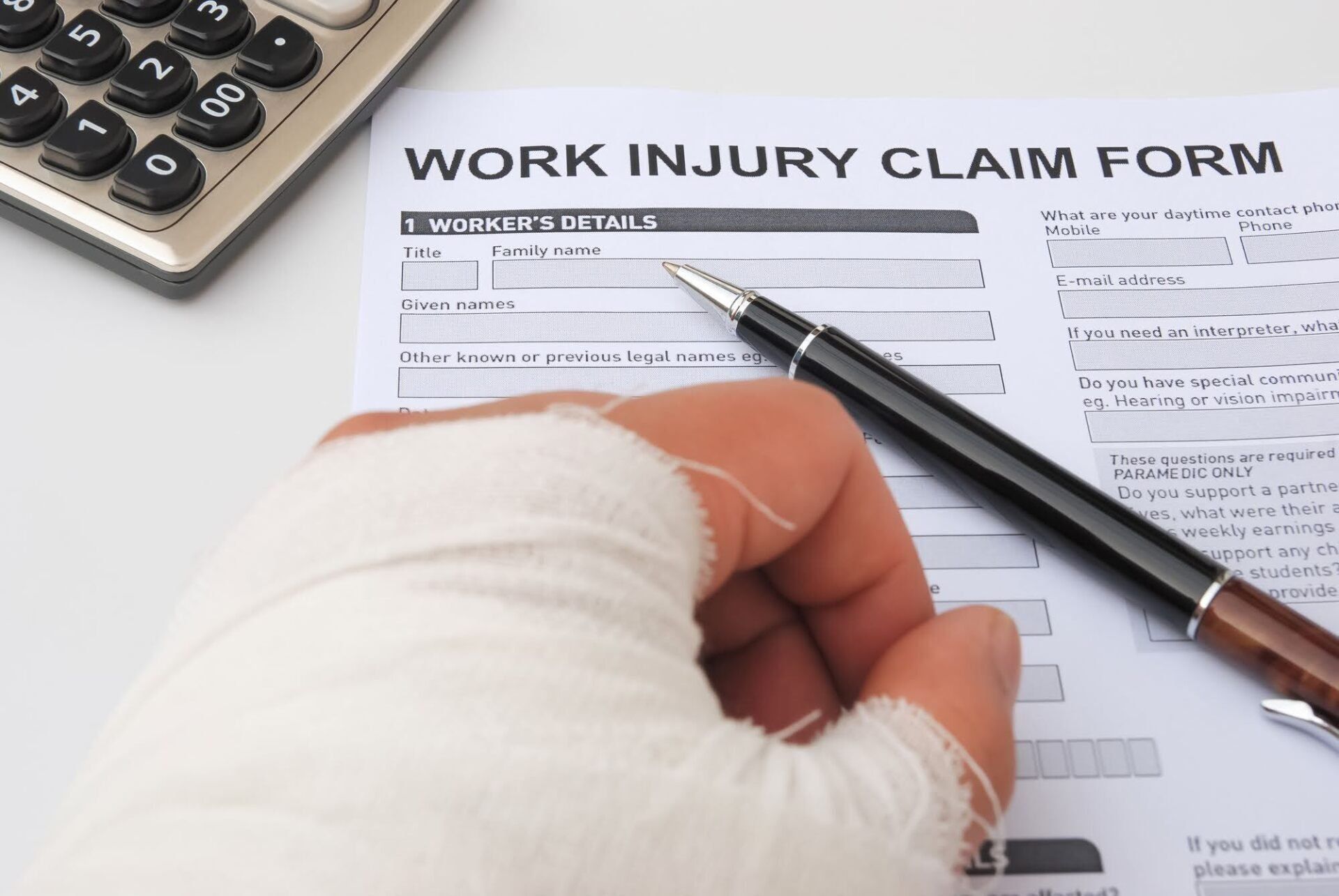7 Rights You Have After a Workplace Injury

When you are injured in a work-related accident, the only way to protect your rights is to understand them. While most American workers know that they have access to workers' compensation insurance, they may not fully understand what that means for their rights and responsibilities.
To help you avoid accidentally giving up your rights or being taken advantage of by an employer, here is what every employee needs to know about their rights after a workplace accident.
1. You Have the Right To File a Claim
Employees have the fundamental right to make use of workers' compensation insurance. This may seem like a simple idea, but employers may try to dissuade you from making a claim for several reasons. First, the more claims that are paid on their behalf, the higher the company's insurance rates are. Second, some employers try to avoid workers' compensation rules by not purchasing them when they should.
No matter why your employer is unhappy about your claim, that is not your problem. They cannot deny you the right to make a claim, nor can they intentionally slow the process. However, you should also adhere to the rules regarding filing, including any deadlines to notify employers or start a claim.
2. You Have the Right to Treatment
If you do have to make a workers' compensation claim, you have the right to get proper medical treatment. You will likely need time off to do so, and you may need recurring time off. You may not be able to work for some time as well. All these are activities covered by insurance.
3. You Have the Right to Appeal
Did you know that you can appeal decisions about or denial of your workers' compensation case? Employees may appeal directly to the insurer first and then pursue formal appeal notices. If you do turn to the formal appeals process, mediation is often the next step.
If you cannot come to an agreement, you usually have a hearing before a judge. If you still disagree with the outcome, you may even file appeals to the district court.
4. You Have the Right Not to Be Harassed
Employers may not be happy with an employee exercising their right to workers' compensation coverage. Whether the employer does not want higher rates, does not like giving you time off to recover, or was caught evading workers' compensation requirements, some will take it out on the injured employee.
Employers cannot retaliate or harass an employee because of their claim. This includes creating or allowing a hostile work environment where the employer purposely singles out and makes their employee feel uncomfortable.
This also includes retaliation in the forms of terminating the employee, demoting them, reducing their hours, assigning undesirable shifts, or not giving appropriate raises or promotions.
5. You Have the Right to Sue Others
Workers' compensation insurance is a compromise between workers' rights and employers' rights. Therefore, it has limits. The main limit is that you cannot sue the employer for damages. However, you may be able to sue another party who bears some fault for the accident.
If you are injured on a vendor's property while picking up supplies, for instance, you are covered by workers' compensation. However, you may also choose to sue the vendor or property owner for negligence under civil law. This is your right, and even a business relationship with your employer does not give them the right to prevent you from doing so.
6. You Have the Right to Return
In general, you should lose your job because you made a workers' compensation claim. Not only can your employer not fire you due to the claim, they often should allow you to return to work if you choose.
If your employer argues that there is no appropriate work available, your legal counsel may work with you and them to determine if this really is the case. Even if you can not do the job exactly as before, this should not exempt you from getting your job back.
7. You Have the Right to Legal Help
Navigating a complex workers' compensation claim on your own is difficult. Therefore, the law permits you to seek qualified legal counsel to look after your interests, and it requires other parties to accept and work with your legal help. Your employer and the insurer may not like this, but this is your right. As with all aspects of the claim, retaliation when exercising this right should not be tolerated.
Have any of your rights been violated since a workplace accident? Do you want to forestall expected problems with your employer? If so, you should start by meeting with David A. Helfand, P.A. We have assisted Miami area workers in understanding and exercising their rights since 1993. Call today to learn how we can help you.
CONTACT US
We will get back to you as soon as possible
Please try again later
CONTACT US
We will get back to you as soon as possible
Please try again later
Office Hours:
- Mon - Fri
- -
- Sat - Sun
- Closed










